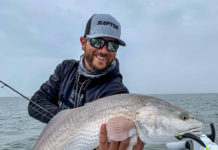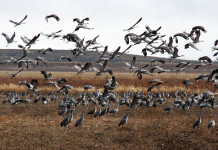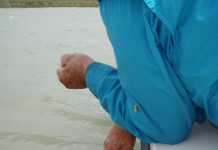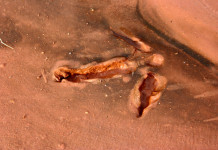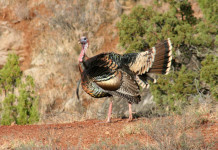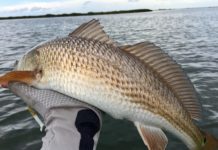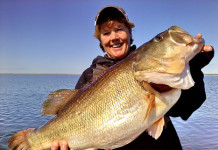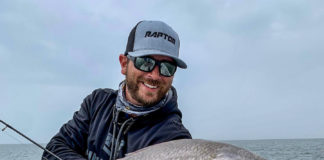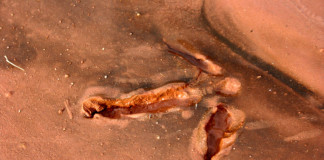Invasive zebra mussels, which negatively impact aquatic ecosystems, have been confirmed in the sixth body of water in Texas: Lake Lavon.
Tthe U.S. Geological Survey announced the confirmation, according to a news release. The presence of live zebra mussels or their larvae has now been documented in lakes Texoma, Ray Roberts, Lewisville, Bridgeport, Belton and Lavon.
A team of USGS scientists led by Dr. Christopher Churchill has been monitoring North Texas reservoirs and rivers for the presence of juvenile and adult zebra mussels as well as for the presence of zebra mussel DNA. Lavon’s water samples recently tested positive for zebra mussel DNA and a veliger — larval form — also was positively identified, according to the release.
The USGS tests also detected zebra mussel DNA in lakes Grapevine, Fork and Tawakoni. This is the first detection of zebra mussel DNA in lakes Fork and Tawakoni. However, three consecutive surveys have detected zebra mussel DNA in Lake Grapevine making it highly suspect.
The finding of zebra mussel DNA in a lake does not necessarily mean that it is infested, but may indicate that boaters are inadvertently moving zebra mussels or zebra mussel DNA from lake to lake. The USGS sample from Fork was collected near the FM 17 boat ramp and the samples from Tawakoni were collected near Lake Tawakoni State Park and South Shore Marina, according to the release. The USGS will conduct a follow-up lake survey at Lavon this month and will resume routine sampling this spring at all areas that are currently monitored. The USGS also monitors several riverine areas including Sister Grove Creek, Elm Fork of the Trinity River, and Denton Creek.
Zebra mussels were first discovered on boats being transported from out of state to Texoma in 2006. In 2009 Texoma became the first lake in Texas to become infested. Zebra mussels can quickly cover boats and motors left in infested waters, clog public-water intake pipes and water-cooling systems, and can make water recreation hazardous because of their razor-sharp shells.
Boats are believed to be one of the main ways that the mussels move from lake to lake. The only way for boaters to ensure they’re not transporting zebra mussels is to always clean, drain and completely dry boats, trailers and gear after leaving a water body.


